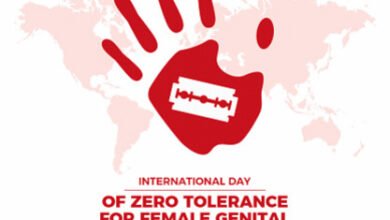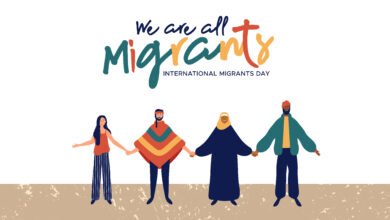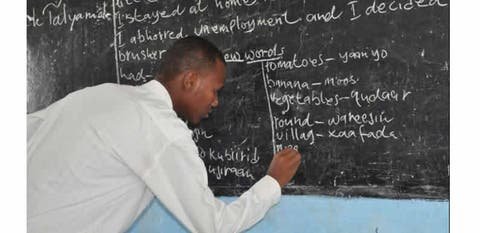On December 3, 2024, the world comes together to commemorate the International Day of Persons with Disabilities (IDPD), a day dedicated to promoting understanding, advocating for dignity, and ensuring the rights and well-being of persons with disabilities. This year’s theme, “Amplifying the Leadership of Persons with Disabilities for an Inclusive and Sustainable Future,” calls for the global community to not only acknowledge the inherent value of persons with disabilities but also to empower them as active leaders in building a better tomorrow. Among the most vulnerable within this community are children with disabilities, whose challenges and potential often remain overlooked.
Understanding the Global Landscape
Globally, an estimated 240 million children live with disabilities, constituting 1 in 10 children worldwide. These children face multidimensional challenges, including discrimination, inadequate access to education, limited healthcare, and social exclusion. In low-income and conflict-affected regions, their plight is even more dire, as resources and policies often fail to address their unique needs.
In many parts of the world, children with disabilities are more likely to live in poverty, face abuse, and be excluded from education. According to UNICEF, fewer than 10% of children with disabilities in low-income countries complete primary school. Moreover, in humanitarian crises, these children are often the last to receive aid, with their needs deprioritized during emergencies.
The Call for Inclusive Leadership
This year’s IDPD theme underscores the importance of inclusive leadership in shaping policies that protects persons with disabilities. Children with disabilities are rarely consulted in decisions affecting their lives, yet their perspectives are critical in creating effective solutions. Governments, NGOs, and communities must prioritize inclusion, ensuring children with disabilities have a voice in shaping policies, particularly in education, healthcare, and social protection.
The Way Forward: Building a More Inclusive Future
- Investing in Education: Governments and organizations must prioritize inclusive education systems, equipping schools with the necessary infrastructure and trained staff to accommodate children with diverse needs. Digital tools and assistive technologies should be leveraged to bridge gaps in learning.
- Strengthening Healthcare: Access to quality healthcare services, including rehabilitation and mental health support, is essential. Healthcare providers must be trained to address the specific needs of children with disabilities sensitively.
- Challenging Stigma: Public awareness campaigns should challenge societal misconceptions and foster a culture of acceptance. Families must be empowered to advocate for their children’s rights without fear of judgment.
- Policy Implementation: Laws protecting the rights of persons with disabilities must be enforced rigorously. Governments must allocate adequate resources and monitor compliance with international conventions like the UN Convention on the Rights of Persons with Disabilities.
- Amplifying Voices: Platforms should be created for children with disabilities to share their experiences and aspirations. Leadership development programs can empower them to become change-makers within their communities.
A Vision for Tomorrow
As the world observes this significant day, the message is clear: the path to an inclusive and sustainable future begins with acknowledging and amplifying the voices of persons with disabilities, particularly children. They are not merely beneficiaries of change but key contributors to a society that values diversity and equity.






